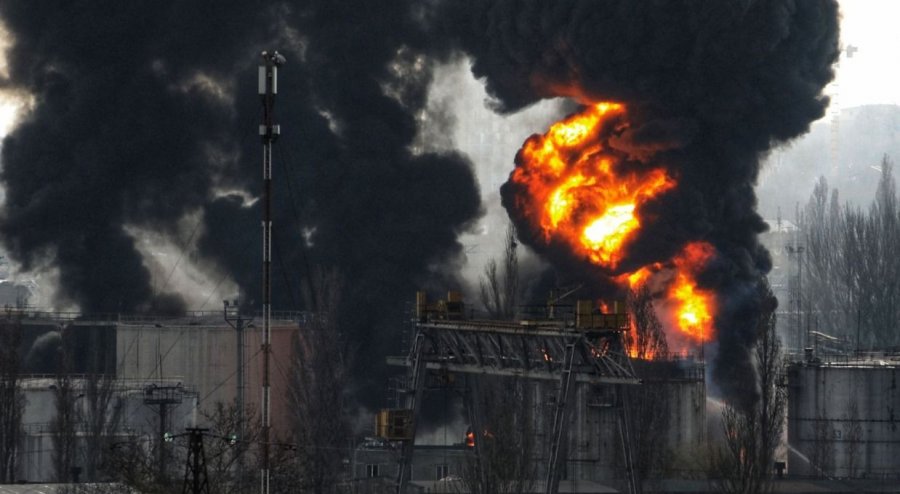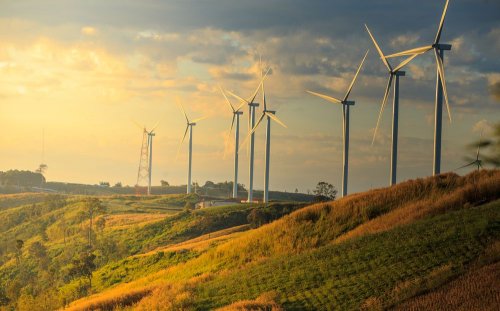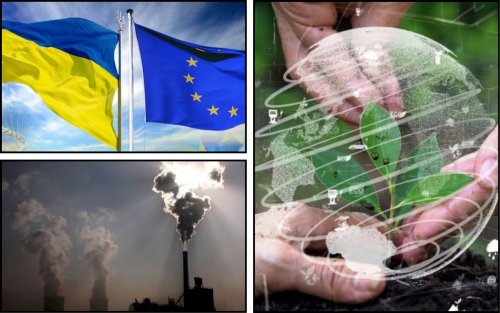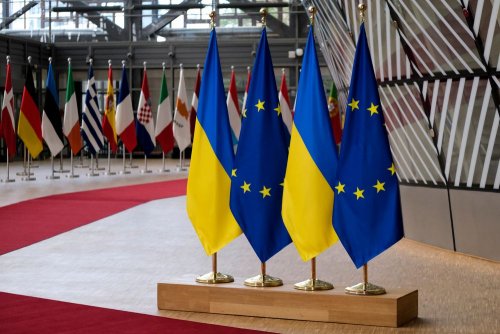During the war, businesses have to balance between supporting the defense capability and economic stability of Ukraine and adapting to European environmental standards.
Olga Boyko, coordinator of the Committee on Industrial Ecology and Sustainable Development of the European Business Association (EBA), said about this in an interview for Ukrainian Energy, emphasizing that the Ukraine Recovery Plan will require revision.
She stated that after the start of a full-scale invasion, the time of confrontation between government and business has expired. According to the EBA survey, about 80% of entrepreneurs would like to join the post-war reconstruction of Ukraine. EBA participated in almost all working groups in the preparation of the National Recovery Plan. When developing the plan, special attention was paid to the environmental direction.
Boyko stressed that the Ukraine Recovery Plan, presented by the government in Lugano in July, is likely to require revision. In particular, against the backdrop of massive missile strikes on energy infrastructure and blackouts.
She explained that by the end of 2022, Ukraine had to approve a plan of measures for the implementation of the second Nationally Determined Contribution to the Paris Agreement and create a climate fund. Such steps included the first direction of the section "Ecological safety".
"Let's face it: what measures to reduce carbon emissions, and even allocate funding for this, can we talk about when, to support the minimum activity of enterprises and the population, they are forced to massively install diesel and gasoline generators?" the expert said.
She added that, in addition, cities are moving from electric transport to transport with an internal combustion engine. All funds provided to Ukraine by international partners are used to strengthen our defense capability and ensure the functioning of the state.
“Today's realities dictate other priorities. And we must adapt to them,” Boyko stressed.
The expert emphasized that all stakeholders have the same views on the concept of restoring Ukraine. This is strict adherence to the European integration course and the implementation of all relevant reforms. However, it is necessary to review the timing of the implementation of European regulations and directives, as well as clearly define the ways of their financing. Indeed, now the National Plan plans to allocate money mainly for technical support of reforms, and modernization is planned through private investment.
It is noted that in no EU country has modernization been carried out without government incentives and financial support. Since 2013, the EU has doubled its funding for environmental protection and energy efficiency business projects, averaging over €75 billion annually.
Boyko drew attention to the problem of war waste. The only solution for them is temporary placement within the existing landfills or in specially designated areas. Destruction waste can become a raw material for recovery, and military scrap metal can become a source of ferrous and non-ferrous metals.
However, the preparation of this material for reuse, namely sorting and cleaning, requires certain skills, as well as checks for the presence of explosives. The expert emphasized that building debris containing asbestos also poses a significant danger.
Boyko also noted that recently there has been a revival of rule-making activities by the Ministry of Environmental Protection and Natural Resources. Some of the initiatives are controversial, in particular:
- introduction of a separate type of eco-inspections through the "Eco-threat" application, contrary to the current legislation on state supervision and control in the field of economic activity;
- the obligation to install valuable automated systems for monitoring emissions of pollutants at facilities under constant risk of missile attacks and upgrade after the end of the war;
- extension of the grounds for cancellation of an emission permit
“Against the background of the situation in which enterprises are located, such initiatives, and they have significant corruption overtones, somewhat destabilize business plans for further activities. Especially when our neighbors in the EU simplify the procedures for obtaining environmental permits for some industries, counteracting the Russian energy war,” said the expert.
As EcoPolitic reported earlier, eco-activists criticized the Ukraine Recovery Plan presented at the Ukraine Recovery Conference in Lugano, Switzerland, and called it "Lugansk shame."





